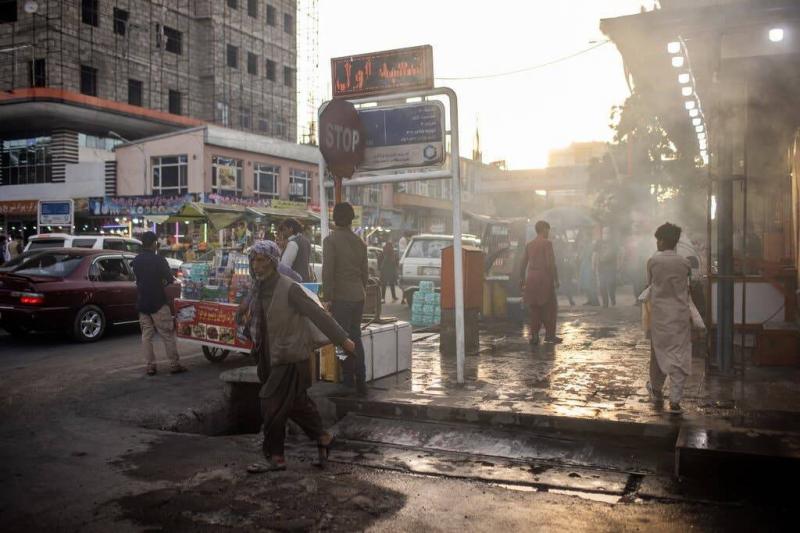Mustafa Mastoor, Senior Advisor to the High Peace Council in Afghanistan, confirmed that talks with the Taliban will commence today, Saturday, and will continue for two days to discuss essential issues aimed at achieving peace in the country. Mastoor stated in exclusive remarks to "Al Arabiya" that the movement seeks, during the negotiations, to amend the constitution and the system of governance in the country. He added, "There is a delegation consisting of 9 members from the political elite heading to Doha to participate in the negotiations with the Taliban, which will start on Saturday and last for two days to discuss fundamental issues. We will see if time is sufficient... The invitation presented to the Taliban to come to Afghanistan and hold talks relates to Afghan-Afghan discussions... The High Peace Council and its chairman have invited the Taliban for negotiations... However, we believe that at present there is a willingness to discuss key issues in Doha, and this is what matters to us for achieving peace in Afghanistan."
It is noteworthy that the idea of dialogue with the Taliban was proposed by former Afghan President Hamid Karzai in 2004 and embraced by Washington in 2009. However, those efforts faced multiple obstacles due to the Taliban's transgressions and culminated in an agreement with Washington in February 2020. The Taliban announced the resumption of Afghan-Afghan talks with the government a few days ago.
The Afghan street is currently watching attentively, keeping one eye on the battlegrounds and the other on the political developments, particularly regarding the potential return of negotiations between the Taliban and the government, hoping such news may ease the turmoil caused by the Taliban's attacks on vast areas of the country, taking advantage of the American withdrawal.
Historically, these negotiations are not new; the concept was raised in 2004 by then-President Hamid Karzai, reaching a stage in 2008 where efforts were made to convince Taliban leaders to hold some meetings, some of which took place within Afghanistan. However, these did not transform into a political alternative until the White House's proposals in 2009, which became known as the new American strategy in Afghanistan. Following the announcement of this strategy, the High Peace Council was established to oversee the dialogue and reconciliation project, led by former Afghan President Burhanuddin Rabbani. However, it ceased in 2010 after the Taliban assassinated Rabbani, which was interpreted as a negative message from the group towards the reconciliation project.
Despite the United States and the Taliban attempting to bypass this incident and limit its impact on the relations between the Karzai administration and the Taliban, the process faced further setbacks. The decline of the Taliban's strength under pressure from US operations led the movement's first-tier leaders to accept the principle of direct dialogue, whether with Washington or the Afghan government, which began in 2018 in Doha. This culminated in February 2020 with the signing of a conditional peace agreement between the United States and the Taliban, which called for the withdrawal of foreign troops within 14 months in exchange for the Taliban committing to the American conditions. Simultaneously, as they made territorial gains, the Taliban announced a few days ago the resumption of negotiations with the Afghan government delegation in Doha.




